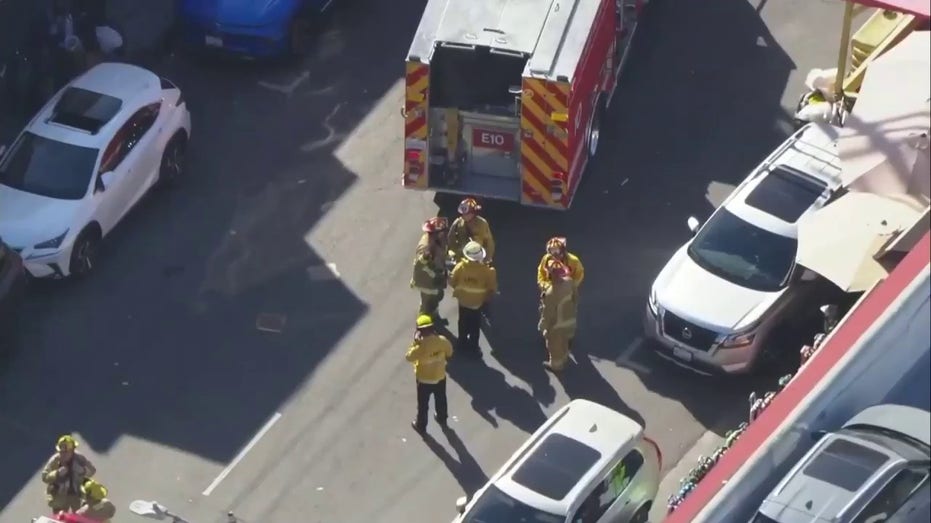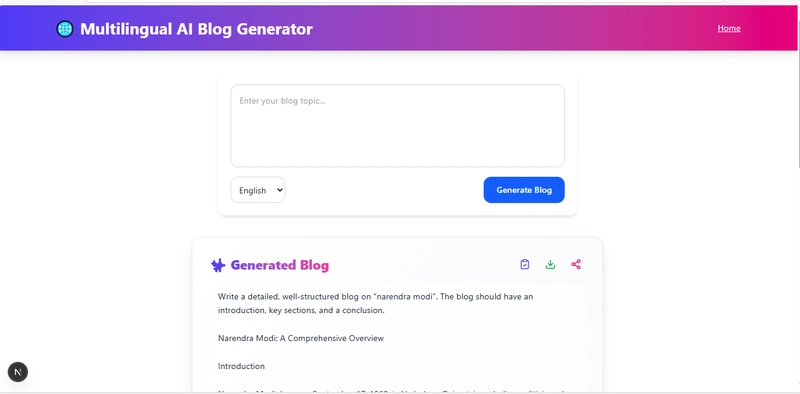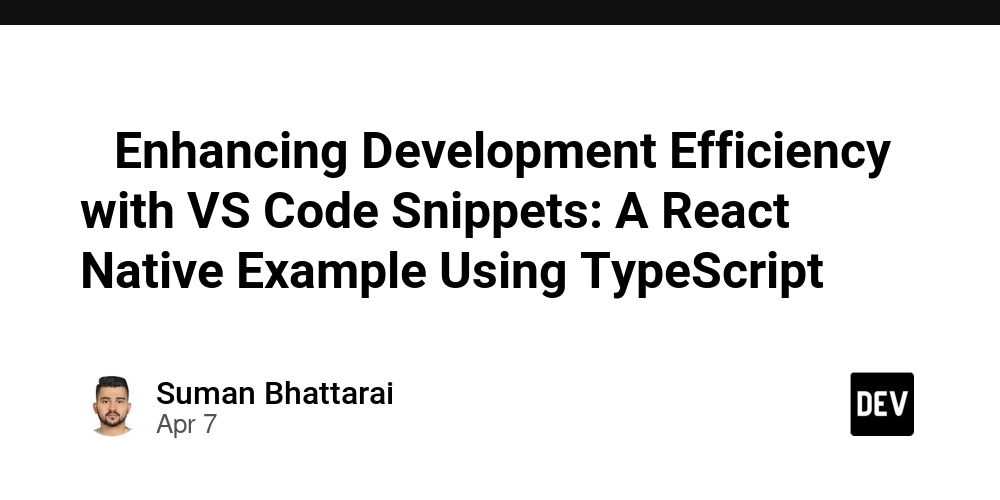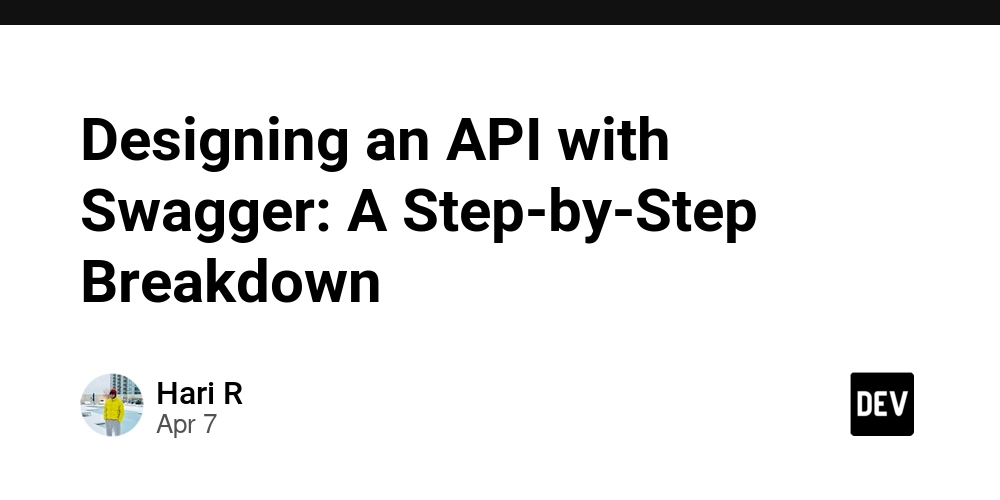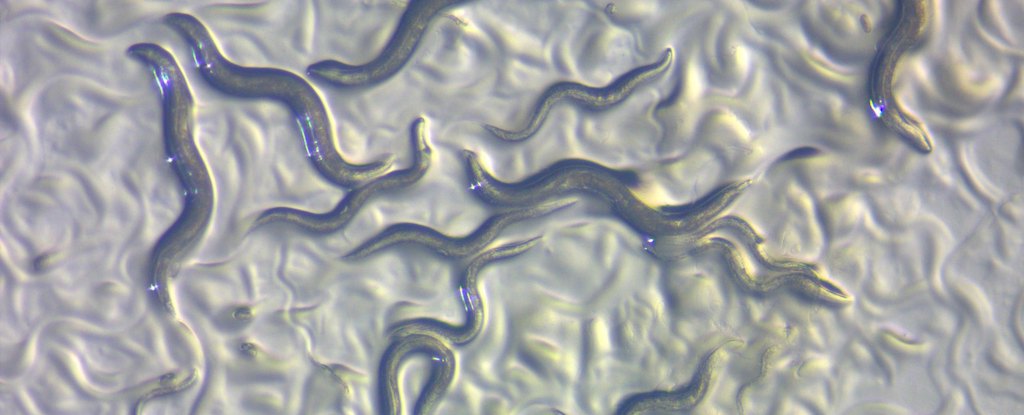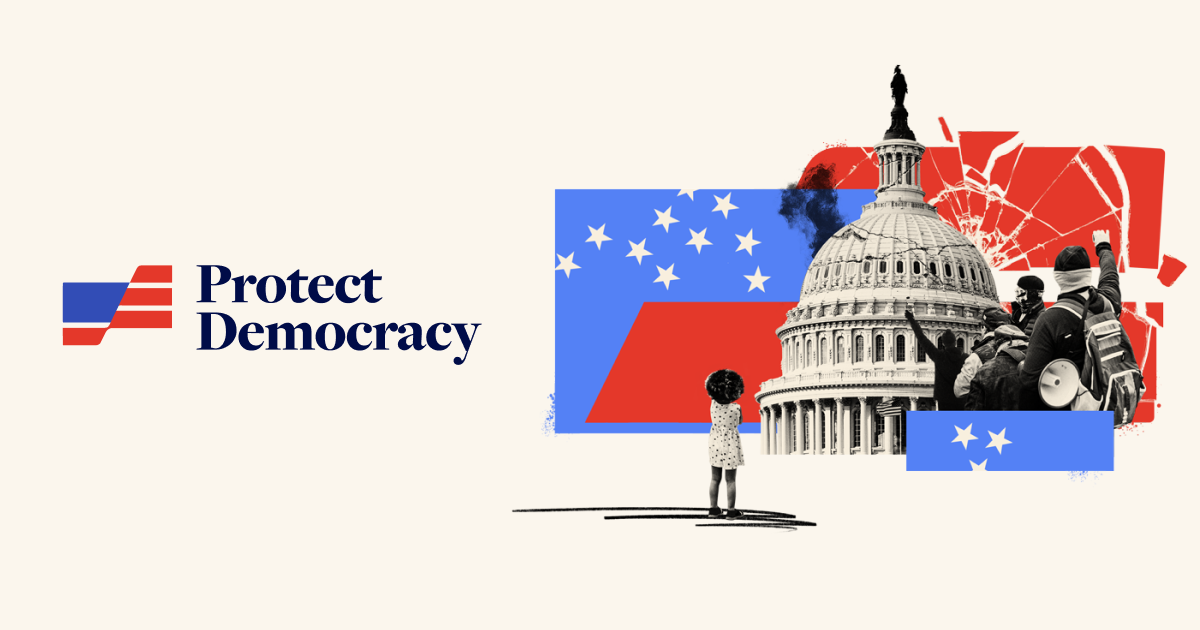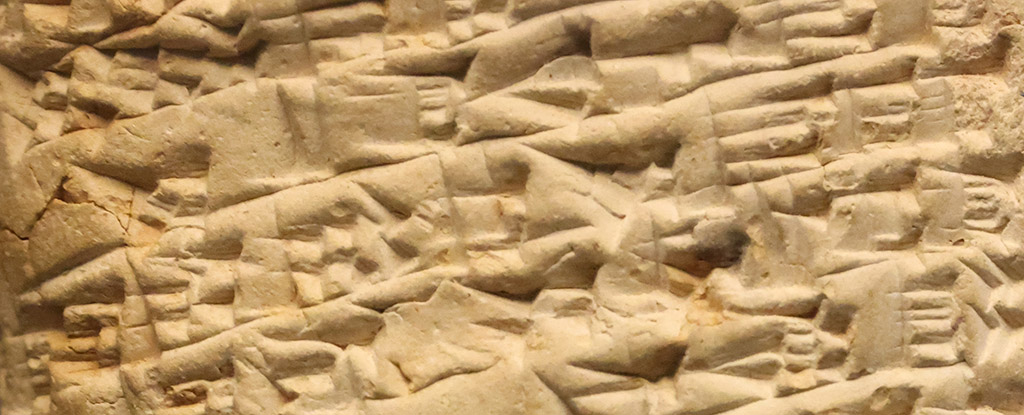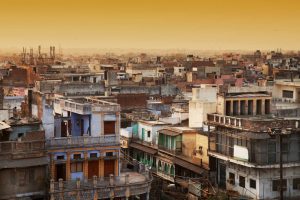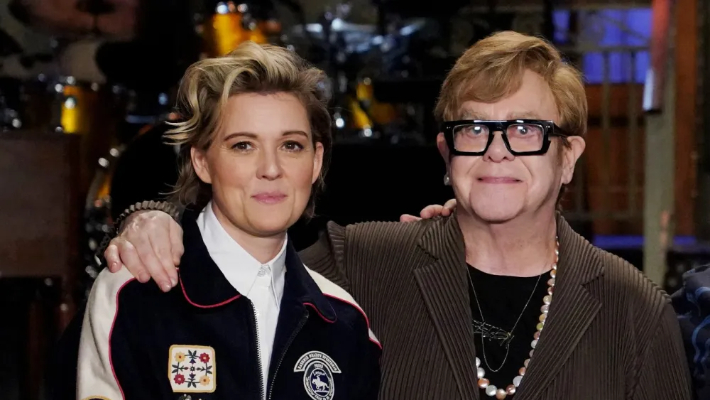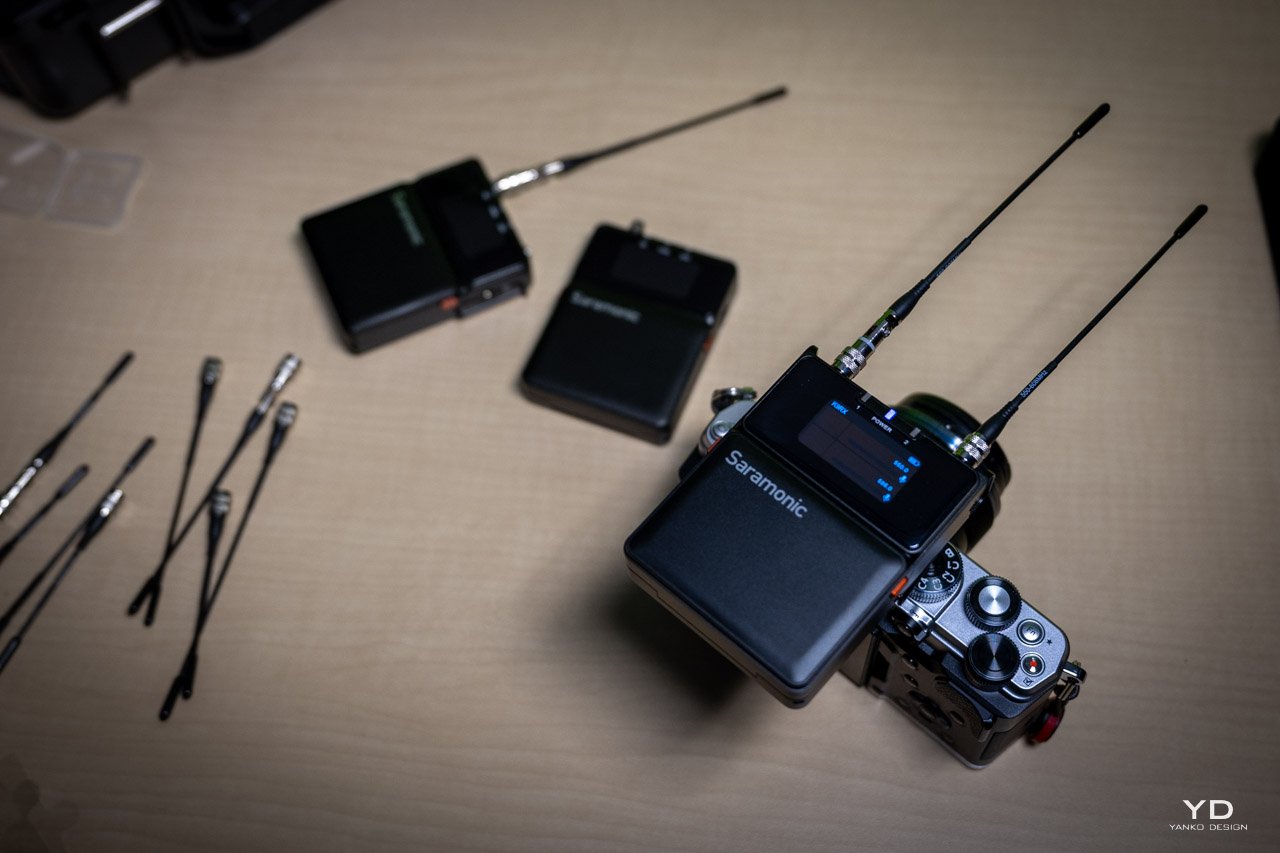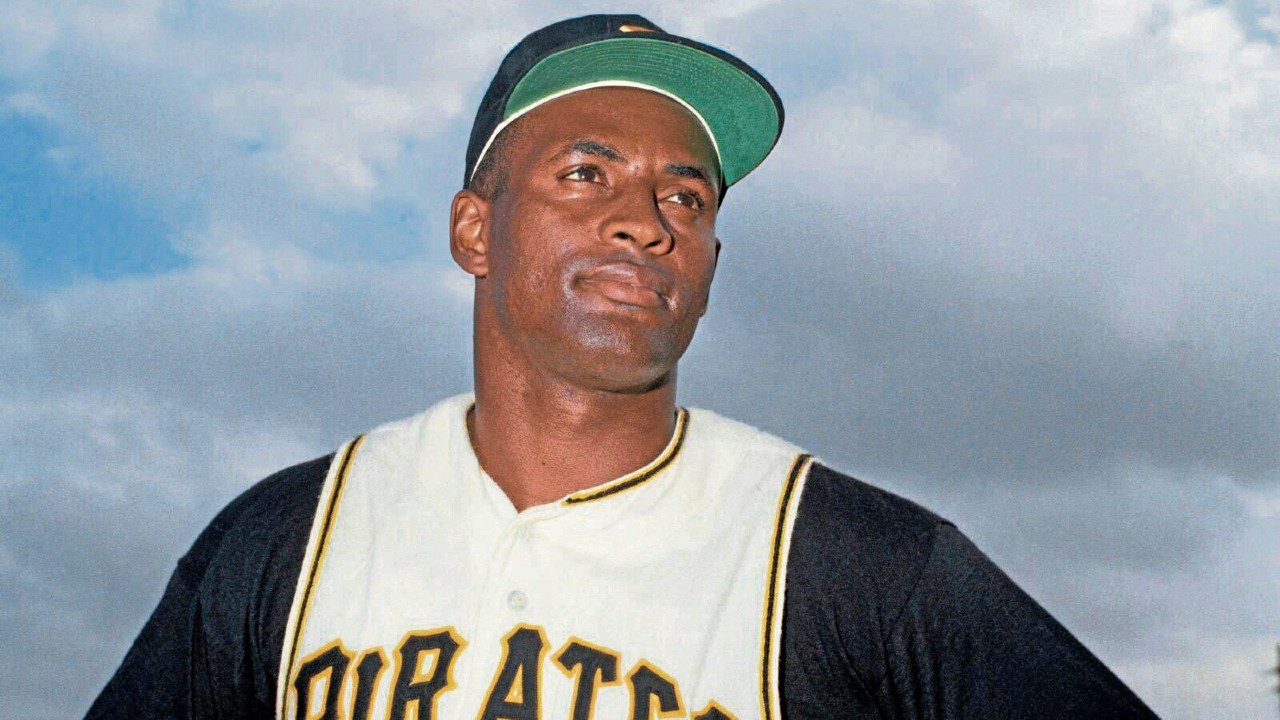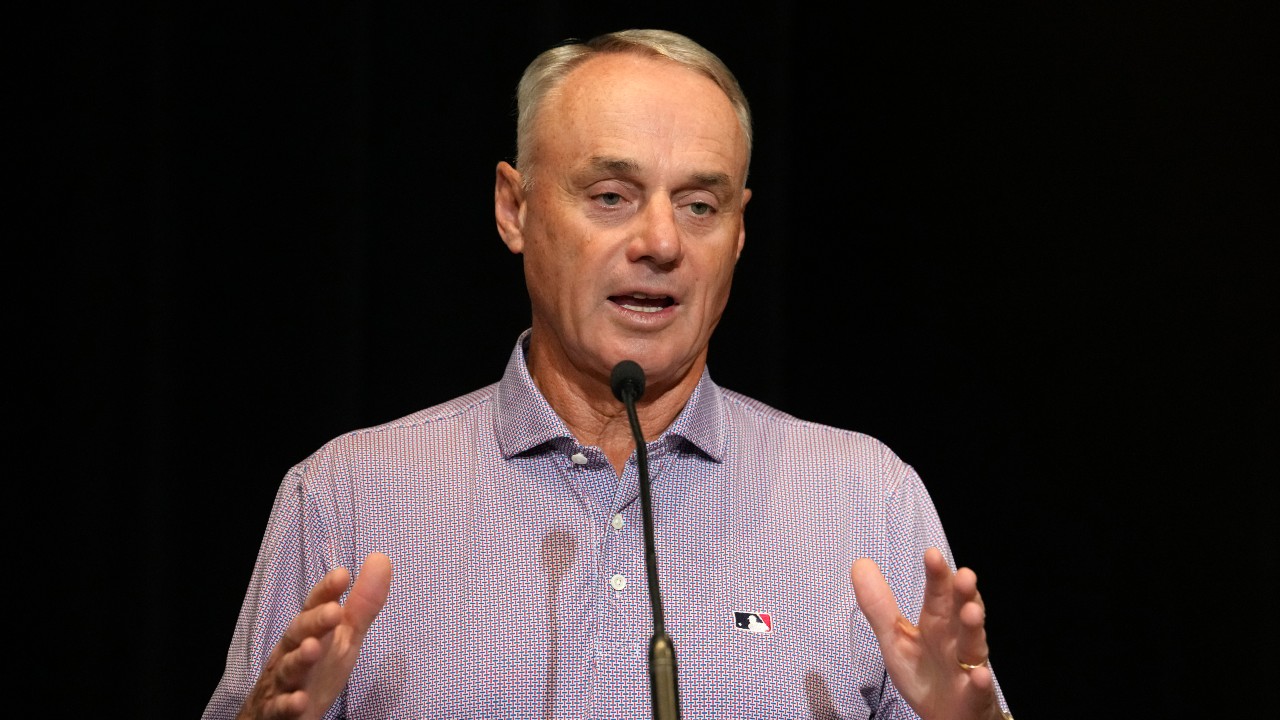Meet the grad students who lost prestigious career paths to DOGE cuts: 'This is something I've been working toward for years'
Kyla Denwood and Lindsey O'Neal were about to head overseas for their first assignments in foreign service with USAID. Then DOGE cuts struck.
Lindsey O'Neal, Kyla Denwood
- Kyla Denwood and Lindsey O'Neal were part of a prestigious foreign service fellowship until DOGE cut USAID.
- The White House said a USAID foreign service fellowship wasn't in the national interest.
- Now they'll enter a tough job market for young grads.
After years of preparing for a career in the US foreign service, Kyla Denwood and Lindsey O'Neal were set to head overseas in June for their first assignment.
Denwood and O'Neal had just completed a competitive, two-year graduate fellowship sponsored by the US Agency for International Development. The fellowship provided up to $104,000 in tuition, living expenses, and internships to 30 students. Fellows then served at least five years in the USAID Foreign Service.
"This is something I've been working toward for years," Denwood, 26, a graduate of Georgetown University, told Business Insider. "I was almost there. To just have it blow up is not a good feeling."
Those plans evaporated within days, following the Trump administration's decision to gut USAID's staff and programs.
"During the pandemic, there was one reality one day, and then a completely different one the next day," O'Neal, 29, a graduate of American University, said. "It was such a stark change. That's how this feels."
Denwood and O'Neal are among millions of students graduating into a precarious job market, including some who had positions lined up at federal agencies only to have them rescinded by Elon Musk's DOGE. As hiring in white-collar professions slowed in recent years, young grads had increasingly been applying to entry-level jobs in government, according to the job site Handshake. Now, what was once considered a more secure career path has been upended.
Denwood and O'Neal are now searching for backup plans in the private or nonprofit sectors, where they'll have to compete with thousands of other foreign service professionals who've also lost their USAID jobs. While Denwood and O'Neal are hopeful that their expertise in business development and urban ecology, respectively, will have broad appeal, they are equally as worried about a long-term setback in their career.
The USAID Donald M. Payne International Development Graduate Fellowship Program targets students from backgrounds historically underrepresented in foreign service who demonstrate financial need. A Trump administration official told Business Insider in an email that it was "determined to not fit within the standards" laid out by Secretary of State Marco Rubio for US foreign assistance, which "must make the United States stronger, safer, or more prosperous."
On March 10, Rubio announced that 83% of USAID's programs were being canceled, and the remainder would be absorbed into the State Department.
"The 5200 contracts that are now canceled spent tens of billions of dollars in ways that did not serve, (and in some cases even harmed), the core national interests of the United States," Rubio wrote in a post on X. "Thank you to DOGE and our hardworking staff who worked very long hours to achieve this overdue and historic reform."
Cuts to US foreign service overseas
Both Denwood and O'Neal were raised by single moms. Denwood said she lived in working-class neighborhoods around the US while O'Neal grew up in a Puerto Rican enclave in Palmetto, Florida. They said the fellowship gave them a pathway to graduate school and the US foreign service that otherwise wouldn't have been feasible.
O'Neal had been a Peace Corps volunteer in Botswana. She applied twice for the Payne fellowship before winning the award. During grad school at American University, she spent a summer internship in Cairo shadowing USAID officials who were trying to help finance projects related to water, food, and energy security. Lindsey O'Neal
Denwood specialized in business and economic development and spent a summer internship in Ghana and Togo working with farmers and manufacturers trying to expand trade with the US. She planned to continue that work as a USAID private enterprise officer in Africa, which has some of the fastest-growing economies in the world.
That future came to a halt on February 26, when USAID officially terminated the Payne fellowship, according to a letter viewed by Business Insider.
Piper Campbell, chair of American University's Department of Foreign Policy and Global Security and a former US ambassador, said international development is critical to US national security. This includes disease detection and response and strengthening foreign markets for American businesses.
"Republican and Democratic administrations over the last 60 years have consistently cited the three D's — development, diplomacy, and defense — as critical tools of national security," Campbell said. "So it's surprising to me to hear an administration taking such a radically different approach.
Campbell added that she attended a recent conference in Seol among international security leaders, where Chinese officials were "grinning" during discussions about the US retreat from foreign aid because they are eager to fill the gap.
Campbell said slashing USAID programs, including the Payne fellowship, undermines US interests abroad.
'This is all I've been preparing for'
Tonija Hope, director of Howard University's international affairs center, helps students plan their careers.
"How do I counsel students who for so long I've told to consider USAID? Where do they go now?" Hope said. "They can't consider USAID or any of the companies or organizations that worked with the agency. There was a whole ecosystem that is gone."
Hope said that without USAID funding, fellows who are halfway through their graduate degrees are scrambling to find money for tuition and living expenses. Many universities can cover a year of tuition, Hope said, but not living expenses.
Miguel Lua-Reyes, 31, is a Payne fellow pursuing his graduate degree at Texas A&M University's Bush School of Government and Public Service. He said he hasn't received any communication from USAID about what he thought would be a paid summer internship abroad, funding for a second year of grad school, and a foreign service appointment after graduation.
Lua-Reyes said Texas A&M officials have assured him they would try to provide support, including matching the funding provided by the Payne fellowship. However, that aid is dependent on the availability of funding, Lua-Reyes said.
"I left a career in K-12 and higher education when I accepted the fellowship," Lua-Reyes, who said he applied three times before being accepted. "I wanted to continue the same meaningful work I had done as a Youth in Development Volunteer with the Peace Corps in Guatemala."
Denwood and O'Neal said they felt fortunate to have finished their graduate degrees before DOGE arrived in Washington, DC. But O'Neal said that gratitude is also overshadowed by enormous uncertainty about the future.
"I don't know what I'm going to do," O'Neal said. "On one hand, it feels like a blank slate. On the other hand, this is all I've been preparing for and it's my dream job. I can't imagine another career that fits what I'm built for."
Do you have a story to share about the Trump administration's cuts to federal jobs and programs? Contact this reporter at cboudreau@businessinsider.com.

